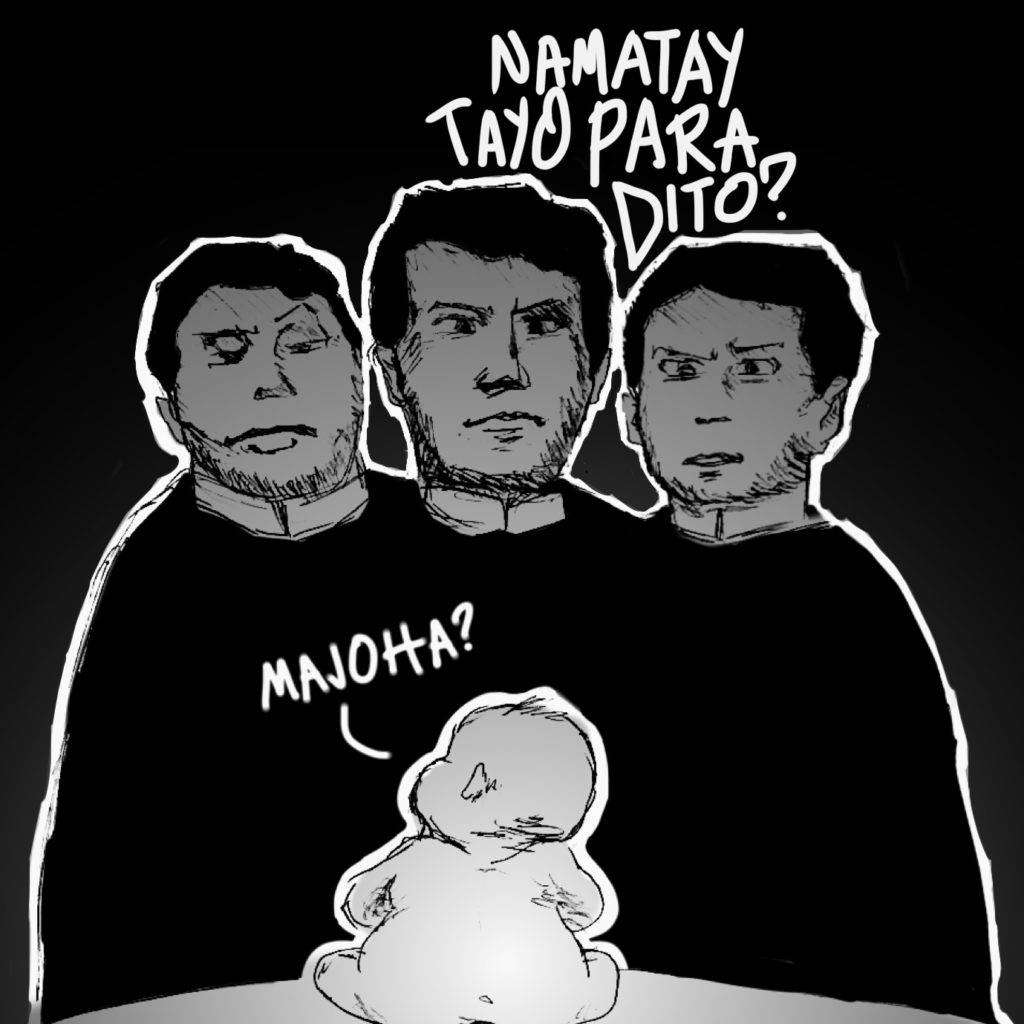by the Weekly Sillimanian | April 20, 2022

This week, another issue concerning the Philippine education system arose after a clip from Pinoy Big Brother (PBB) circulated online. In the video, contestants wrongly answered history questions that were deemed “basic knowledge” by Filipinos. The most notable moment from the clip is arguably when a participant referred to the martyred Gomburza as “MaJoHa”.
To most, the outlandish responses might be amusing at first. However, people eventually got concerned about the underlying issues of our education system the video presented.
Many netizens were appalled that the teens of PBB forgot basic details about our history’s most notable people like Gomburza, Jose Rizal, and Melchora Aquino. Some even said that the lack of knowledge is an insult to these historical figures as it implies that their efforts to gain our freedom today were all in vain. And given that their names and stories are taught to us during our elementary days, these responses are reasonable.
Understanding our history protects us from being vulnerable to propaganda and conspiracy theories. In the virtual world, there is so much information, both factual and false, that anyone with a lack of basic knowledge can be easily misled. And Generation Z is most vulnerable to this given that they are the internet’s biggest consumers.
George Santayana said: “Those who do not learn history are doomed to repeat.” And this quote has been used to support the reintegration of Philippine history into high school education after its removal in 2014. Indeed, our political views stem from our knowledge of our country’s history. When high school learners are not properly guided on our nation’s past during a stage when they are most impressionable, they could potentially carry their misguided beliefs into adulthood and inhibit them from making rational political decisions.
It is easy to point fingers at either the Department of Education (DepEd) or the youth and call them incompetent and dumb respectively. However, this is one of those situations wherein both parties involved are equally liable.
In the first place, DepEd should have never allowed the removal of Philippine history from the high school curriculum. The issue was never the subject itself but the methods used to teach it. Instead, DepEd should have come up with a framework that does not just focus on memorized terminologies but also on their application in modern and practical situations. Taking the subject away from high school education has only created a six-year gap between students’ elementary and college knowledge on the subject. Within these six years, especially with the accessible hotpot of information online, forming fallacious beliefs in young minds has only become even easier.
On the other hand, we, the students and the youth, are not without fault either. In response to the viral video, people online were quick to blame young people for being too invested in social media and trends that they have forgotten their own country’s history. Although this presents a “correlation versus causation” fallacy, there are ideas we can take from this assumption. Everyone, including young people, is allowed to have interests. If we can be naturally passionate and curious about our hobbies, trends, and goals, why can’t we feel the same about our history especially when it concerns and benefits us?
When we forget our history, we do not just forget those who were around before us. We also forget the names and stories of our ancestors and heroes — people whose courage allows us to do simple things they could not. Without them, you would not have the right to live or freely speak and think today. The least we can do is learn from their actions and remember them.


